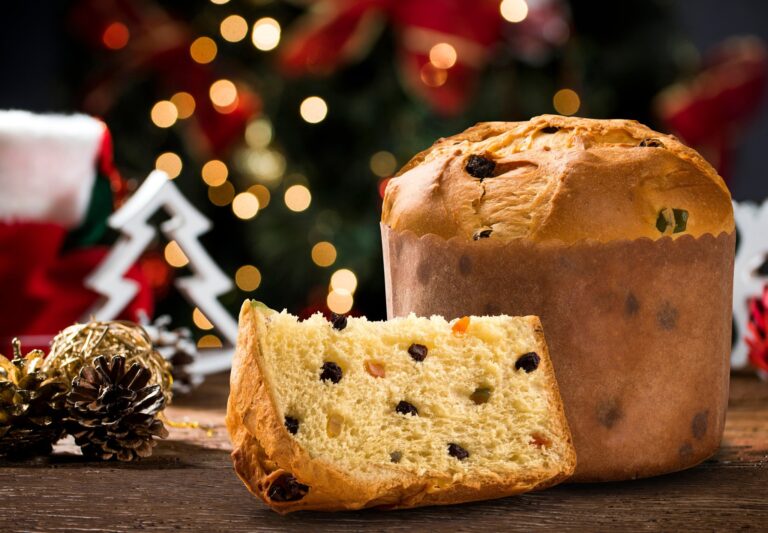10 Fabulous Italian Digestifs that you need after dinner
Buongiorno, my fellow food and drink enthusiasts! Today, we’re going on a dolce journey through Italy’s most delightful digestifs. If you’re new to this term, a digestif is a drink that’s typically consumed after a meal to aid digestion. Italy has a rich tradition of such beverages, each with its own unique flavor and story.
Let’s uncork the bottle and dive into the Top Italian Digestifs to Savor After Your Meal. Andiamo!
1. Limoncello
Starting with a classic, Limoncello is a crowd-pleaser that hails from sunny Southern Italy. This zesty liqueur is made from the zest of Femminello St. Teresa lemons, known locally as ‘sfusato lemons’. Enjoyed icy cold, it’s like a sip of the Amalfi Coast in a glass. Pair it with a lemony dessert for a zingy end to your meal.
2. Amaro
Next on our list is Amaro. This herbal liqueur is as varied as Italy itself, with every region boasting its own version. From the Alps’ Fernet-Branca to Sicily’s Averna, each Amaro has a unique blend of herbs, roots, and spices that lend it a bitter-sweet, earthy flavor. It’s a perfect companion for those heavy, pasta-laden meals.
3. Grappa
Grappa is a fiery spirit distilled from pomace – the leftover grape skins, seeds, and stems from winemaking. It’s a true testament to Italian resourcefulness and a love of vino. Grappa can be strong and punchy, or smooth and aromatic, depending on the type of grape used and the aging process. Sip it slowly to appreciate its complex character.
4. Sambuca
If you’ve got a sweet tooth, Sambuca is the digestif for you. This anise-flavored liqueur is often served with three coffee beans, representing health, happiness, and prosperity. Whether you prefer it neat, on the rocks, or aflame (yes, you read that right!), Sambuca is a delightful way to round off an Italian feast.
5. Fernet-Branca
For something a little different, try Fernet-Branca. This type of Amaro hails from Milan and is renowned for its strong, bitter flavor, thanks to a secret recipe of 27 herbs and spices. It might be an acquired taste, but once it’s acquired, it’s unforgettable. It’s traditionally served straight up, at room temperature.
6. Averna
Another member of the Amaro family, Averna is a Sicilian gem with a sweet, gentle bitterness. It’s rich in citrus and pomegranate flavors, with a hint of caramel. Averna is a versatile digestif – enjoy it neat, on ice, or even mixed in a cocktail.
7. Strega
The witch’s brew of Italy, Strega is a saffron-infused liqueur from Benevento, a town famous for its witch trials. With over 70 botanicals, it has a complex, sweet, and slightly minty flavor. Strega is a magical ending to a meal, particularly when paired with a dark chocolate dessert.
8. Mirto
Mirto is a Sardinian digestif made from the berries of the myrtle plant. The result is a sweet, aromatic liqueur with adeep, berry-rich flavor. There are two varieties: Mirto Rosso (red) made from the berries and Mirto Bianco (white) made from the leaves. Both are heavenly when enjoyed chilled, under a starlit sky.
9. Nocino
Traditionally made by Italian nonnas (grandmothers), Nocino is a walnut liqueur that’s especially popular in Emilia-Romagna. It’s made by steeping unripe walnuts in alcohol, along with a mix of spices. The result is a dark, rich digestif with a nutty sweetness. It’s a cozy, warming sipper, perfect for those cooler evenings.
10. Vecchio Amaro del Capo
Last but certainly not least, we have Vecchio Amaro del Capo. Another Calabrian beauty, this digestif is made from 29 different Calabrian aromatic herbs and roots. This amaro is vibrant and invigorating with notes of orange, chamomile, and juniper. It’s a real palate cleanser, best served icy cold.
And there you have it, my friends, the Best Italian Digestifs to Savor After Your Meal. Each one is a journey through the rich tapestry of Italian flavors and traditions. So, next time you finish a hearty Italian meal, why not reach for a glass of one of these delightful digestifs? As the Italians say, ‘La vita è troppo breve per bere male’ – life is too short to drink badly. Salute!


